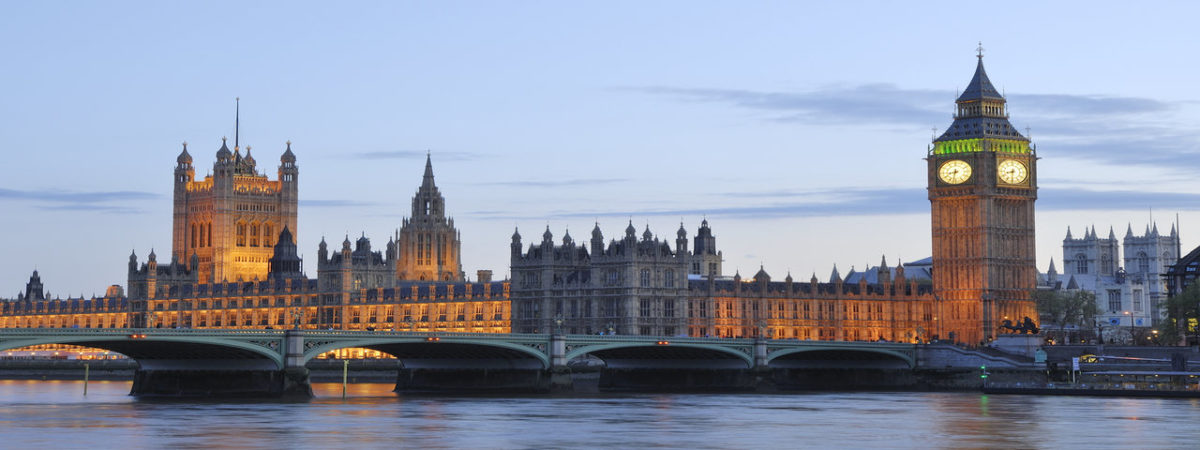‘24 hour drinking’ has been an unmitigated success
SUGGESTED

IEA releases briefing ahead of the Spending Review

Mark Littlewood reacts to the Spending Review

Licensing Act has not had catastrophic effects predicted
· Greater availability of alcohol has not coincided with a surge in demand, as the consumption of alcohol has fallen substantially since 2005.
· Every measure of excessive drinking has shown a decline. Since 2005, the number of 16 to 24 year olds binge drinking has fallen from 29 per cent to 18 per cent, and from 25 per cent to 19 per cent amongst 25 to 44 year olds.
· The rate of violent crime in England and Wales has fallen by 40 per cent since 2004/05. Incidents of crimes generally aggravated by alcohol have fallen steeply and the number of domestic violence incidents has also declined (by 28 per cent).
· Little evidence exists to suggest that the Licensing Act brought about a rise in the number of alcohol-related admissions to Accident and Emergency departments. Numerous studies have shown that the Licensing Act had a positive or neutral effect.
Commenting on the ten year anniversary of the introduction of the Licensing Act, Christopher Snowdon, Director of Lifestyle Economics at the Institute of Economic Affairs, said:
“The apocalypse that so many people predicted when Britain overturned its archaic licensing laws ten years ago never arrived. Alcohol-related crime is down, violence is down and rates of binge-drinking are down. The 11 o’clock rush is largely a thing of the past. Those who want to drink until midnight, and often later, are now able to find at least one pub or bar in which to do so, with the added bonus that they are less likely to be assaulted, harassed or run over when they leave. We are drinking less, drinking slower and drinking locally. The prophets of doom were wrong. Liberalisation worked.”
Notes to editors:
To arrange an interview, please contact Stephanie Lis, Director of Communications: slis@iea.org.uk or 07766 221 268 OR Chloe Mingay, Communications Officer: cmingay@iea.org.uk or 0207 799 8913.
In May 2015, the IEA published, Drinking, Fast and Slow: Ten Years of the Licensing Act, which can be downloaded here.
The mission of the Institute of Economic Affairs is to improve understanding of the fundamental institutions of a free society by analysing and expounding the role of markets in solving economic and social problems.
The IEA is a registered educational charity and independent of all political parties.



